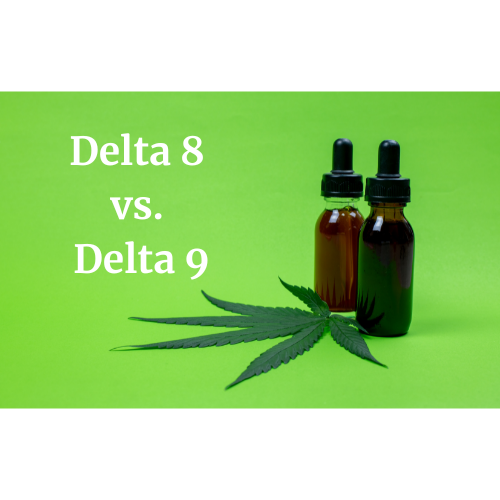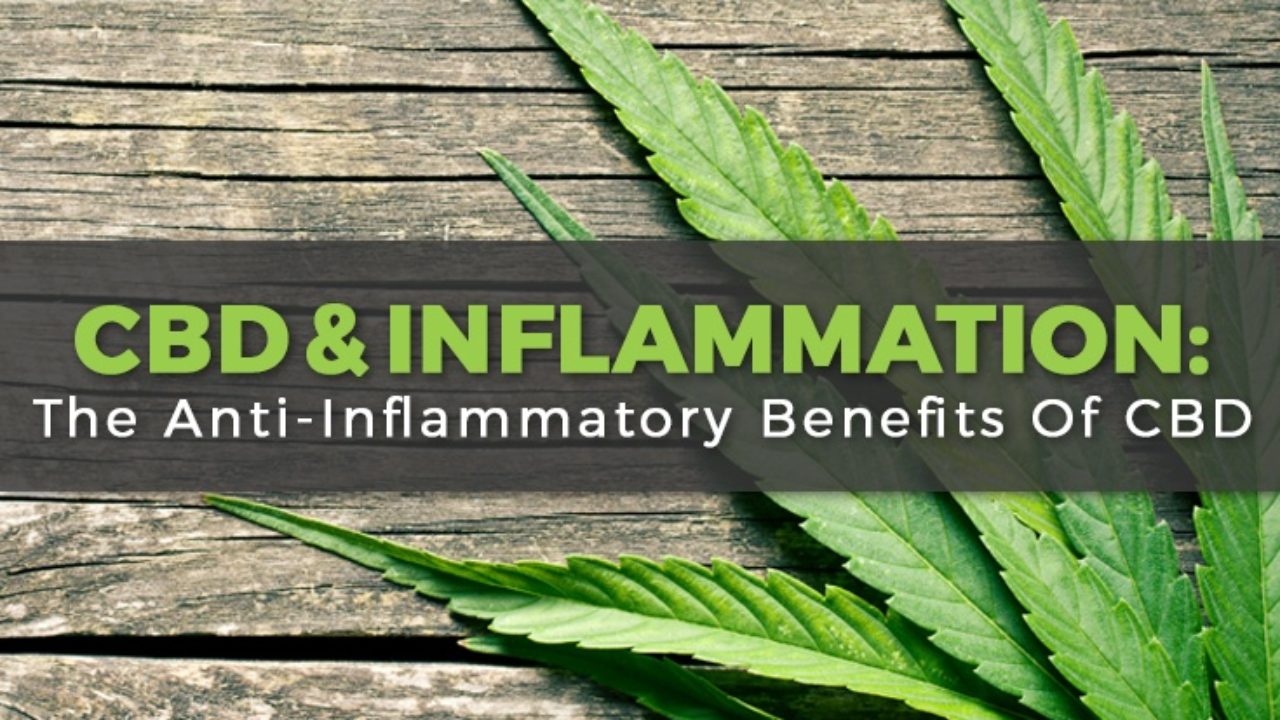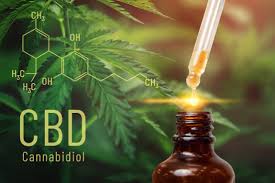Overview of delta 8 and delta 9 gummies
In the ever-expanding world of cannabis products, delta 8 and delta 9 gummies have gained significant attention for their unique properties and potential benefits. These gummies, infused with different forms of tetrahydrocannabinol (THC), offer users an alternative way to experience the effects of cannabis in a convenient and delicious form.
Delta 8 and delta 9 refer to two distinct forms of THC, the primary psychoactive compound found in cannabis. While both share similarities in their chemical structure, they have notable differences in their effects and legal status. Understanding these differences can help individuals make informed decisions about which type of gummies may be best suited for their needs.
In this comprehensive guide, we will delve into the world of delta 8 and delta 9 gummies, exploring their definitions, extraction processes, legalities, and more. By the end, you will have a solid understanding of these fascinating substances and be better equipped to choose the right gummies for your personal preferences and goals.
So, without further ado, let’s embark on this journey to unravel the mysteries of delta 8 and delta 9 gummies!
What is Delta 8?
When exploring the world of cannabis, it’s essential to understand the various compounds that make up this diverse plant. Among these compounds, both delta 8 and delta 9 gummies have gained significant attention. In this section, we will delve into the intricacies of delta 8, shedding light on what sets it apart from its counterpart, delta 9.
Explanation of Delta 8 THC
Delta 8, short for delta-8-tetrahydrocannabinol, is a minor cannabinoid found in the cannabis plant. It shares a similar chemical structure with its more well-known cousin, delta 9 THC, but with a slight difference in the placement of a double bond. This subtle distinction gives delta 8 its unique properties and effects.
Delta 8 THC, like delta 9 THC, interacts with the body’s endocannabinoid system (ECS). The ECS is a complex network of receptors and neurotransmitters that plays a vital role in regulating various bodily functions, including mood, appetite, sleep, and pain sensation. When delta 8 THC binds to the ECS receptors, it can produce a range of effects, including a sense of relaxation, euphoria, and heightened sensory perception.
How Delta 8 is Extracted
Extracting delta 8 THC from the cannabis plant involves a meticulous process that requires precision and expertise. One common method used is through distillation. This process begins with extracting cannabinoids from hemp or marijuana plants using solvents. The resulting extract is then subjected to a series of purification steps, including winterization and decarboxylation, to remove impurities and activate the delta 8 THC compound.
Another method gaining popularity is isomerization. This technique involves converting CBD, a non-intoxicating cannabinoid, into delta 8 THC through a chemical reaction. Isomerization allows for the production of delta 8 THC in higher concentrations, making it more accessible for consumers.
Legal Status of Delta 8
The legal status of delta 8 THC is a topic of much debate and confusion. While delta 9 THC is classified as a Schedule I controlled substance in the United States, delta 8 THC exists in a legal gray area. This ambiguity is due to the fact that delta 8 THC can be derived from hemp, which was legalized under the 2018 Farm Bill.
However, some states have taken steps to regulate or ban the sale and consumption of delta 8 THC products. It’s crucial to familiarize yourself with the laws in your specific jurisdiction before purchasing or using delta 8 gummies. Consulting with a legal professional or healthcare provider can provide further guidance and ensure compliance with local regulations.
In the next section, we will delve into the realm of delta 9 THC, exploring its characteristics and drawing comparisons to delta 8. Stay tuned to unravel the distinctions between these two intriguing compounds!
What is Delta 9?
Explanation of Delta 9 THC
In the world of cannabis, there are various compounds that contribute to its unique effects. One such compound is Delta 9 tetrahydrocannabinol (THC), which is renowned for its psychoactive properties. Delta 9 THC is the primary cannabinoid found in marijuana and is responsible for producing the characteristic “high” that is associated with its use.
When consumed, Delta 9 THC interacts with the body’s endocannabinoid system, specifically the CB1 receptors located in the brain and central nervous system. This interaction leads to a cascade of effects, including alterations in mood, perception, and cognition. Users often experience a sense of euphoria, relaxation, and heightened sensory perception.
Differences Between Delta 8 and Delta 9
While Delta 9 THC is widely known and consumed, there is another compound that is gaining popularity: Delta 8 THC. Like its counterpart, Delta 8 THC also exhibits psychoactive properties, but with some notable differences.
Firstly, the chemical structures of Delta 8 and Delta 9 THC are similar, with only a slight variation in the placement of a double bond. However, this small difference leads to distinct effects. Delta 8 THC is believed to be less potent than Delta 9 THC, resulting in a milder psychoactive experience. Users often describe the effects of Delta 8 THC as more subtle and less overwhelming compared to Delta 9 THC.
Additionally, Delta 8 THC may offer some unique benefits. Some users report feeling a clearer mental state and increased focus when consuming Delta 8 THC. Others find that it provides a more relaxing and calming experience, making it potentially useful for those seeking stress relief or relaxation without feeling overly intoxicated.
Legal Status of Delta 9
When it comes to the legal status of Delta 9 THC, it is essential to consider the laws and regulations in your specific jurisdiction. Delta 9 THC is classified as a controlled substance in many countries, including the United States, where it is listed as a Schedule I drug under the Controlled Substances Act.
However, it is worth noting that the legal landscape surrounding cannabis is evolving rapidly. In recent years, there has been a surge in the legalization of marijuana for recreational and medicinal purposes in several states. This has resulted in varying degrees of acceptance and regulation regarding Delta 9 THC.
It is crucial to stay informed about the laws in your area and consult local regulations before purchasing or consuming Delta 9 THC products. This will help ensure that you remain compliant with the law and make informed decisions regarding your cannabis consumption.
In the next section, we will explore the legal status of Delta 9 THC’s close relative, Delta 8 THC, and delve into the differences between the two compounds. Stay tuned!
*To learn more about the legal status and effects of Delta 8 and Delta 9 THC gummies, check out our Delta 8 gummies guide and Delta 9 gummies guide.
Delta 8 vs. Delta 9 Gummies: A Comparison of Effects, Legality, Availability, and Safety
When it comes to exploring the world of cannabinoids, two compounds that often take center stage are Delta 8 and Delta 9. These two variations of tetrahydrocannabinol (THC) have gained significant attention, particularly in the form of gummies. In this section, we will delve into the differences between Delta 8 and Delta 9 gummies, focusing on their effects, legality, availability, and safety.
Effects and Potency
Delta 8 gummies and Delta 9 gummies may share some similarities in terms of their effects, but they also have distinctive characteristics. Delta 8 THC is known for its milder psychoactive properties compared to its Delta 9 counterpart. This means that Delta 8 gummies can offer a more subtle and balanced experience, providing users with a relaxed and uplifted state of mind without overwhelming sensations. On the other hand, Delta 9 THC gummies are renowned for their potent and euphoric effects, often associated with the classic “high” commonly associated with cannabis use.
Legality and Regulations
The legal landscape surrounding Delta 8 and Delta 9 can be complex and varies from state to state. While Delta 9 THC is federally classified as a Schedule I substance, Delta 8 THC exists in a legal gray area. Some states have explicitly legalized Delta 8 THC, while others have imposed restrictions or outright bans. It is crucial to familiarize yourself with the specific regulations in your area before purchasing or consuming any THC gummies.
Availability and Accessibility
When it comes to availability, Delta 8 gummies have gained substantial popularity in recent years due to their unique properties. They are increasingly being offered by various manufacturers and retailers, both online and in physical stores. On the other hand, Delta 9 gummies, which contain the more common form of THC, are more widely available, as they have been a staple in the cannabis market for a significant period.
Side Effects and Safety
As with any substance, it is essential to consider the potential side effects and safety of consuming Delta 8 and Delta 9 gummies. While both compounds share similarities in terms of potential side effects, such as dry mouth, red eyes, and increased heart rate, Delta 9 THC is generally associated with a higher likelihood of experiencing these effects due to its potency. It is crucial to start with a low dosage and gradually increase as needed, while also being mindful of individual tolerance levels.
When it comes to selecting the right gummies for you, it is crucial to consider your personal preferences, dosage requirements, and desired effects. It is always advisable to consult with a healthcare professional who can provide personalized guidance based on your specific needs and medical history.
In conclusion, Delta 8 and Delta 9 gummies offer distinct experiences in terms of effects, legality, availability, and safety. Understanding these differences can help you make an informed decision when choosing the right gummies for your needs. Whether you are seeking a milder and more balanced experience with Delta 8 or a potent euphoric effect with Delta 9, exploring the world of cannabinoid gummies can provide a variety of options to suit your preferences and desired outcomes.
Choosing the Right Gummies for You
When it comes to choosing the right gummies for you, there are several factors to consider. Each individual has unique needs and preferences, so it’s essential to take these into account before making a decision. Let’s explore some of the key factors that can help guide you in selecting the perfect gummies.
Factors to Consider
One of the primary factors to consider is the desired effect you are seeking. Are you looking for gummies that promote relaxation and stress relief? Or perhaps you’re in need of gummies that can enhance focus and creativity. Understanding your specific goals will allow you to narrow down your options and find the gummies that align with your desired outcomes.
Next, it’s important to consider dosage. Different gummies may have varying levels of potency, so it’s crucial to determine the appropriate dosage for your needs. Start with a lower dosage and gradually increase it as needed, paying careful attention to how your body responds. It’s always better to start with a conservative approach and adjust accordingly.
Another essential factor to consider is safety. While gummies can offer unique benefits, it’s crucial to ensure that they are safe for consumption. Look for gummies that are sourced from reputable manufacturers and undergo rigorous testing to guarantee their quality and purity. Checking for third-party lab testing results can provide you with peace of mind, knowing that the product you are choosing has met stringent safety standards.
Personal Preferences
In addition to the factors mentioned above, personal preferences also play a significant role in choosing the right gummies. Consider the flavor options available and select a flavor that you find appealing. Whether you prefer fruity flavors or more subtle tastes, finding gummies that align with your palate can enhance your overall experience.
Furthermore, think about the ingredients used in the gummies. If you have any dietary restrictions or sensitivities, it’s important to read the ingredient list carefully. Look for gummies that use natural and organic ingredients, free from any additives or artificial flavors that may not align with your preferences.
Consultation with a Healthcare Professional
While exploring different options and considering personal preferences is essential, it’s always advisable to consult with a healthcare professional before incorporating any new supplements into your routine. A healthcare professional can provide valuable insights based on your individual health history and help you make an informed decision.
They can also guide you on the appropriate dosage and potential interactions with any medication you may be taking. Building a partnership with a healthcare professional ensures that you are making choices that support your overall well-being.
In conclusion, choosing the right gummies for you involves considering factors such as the desired effect, dosage, safety, personal preferences, and consultation with a healthcare professional. By taking these aspects into account, you can make an informed decision that aligns with your individual needs and preferences. Happy gummy hunting!
If you want to explore more about delta 8 and delta 9 gummies, check out our articles on the best delta 8 gummies and best delta 9 gummies.
Final Thoughts
In conclusion, when it comes to the battle of Delta 8 vs. Delta 9 gummies, there are several key factors to consider. Each compound offers its own unique set of effects, potency, and legal status, which can greatly influence your decision.
Delta 8 THC is a relatively new player in the cannabis market, gaining popularity for its milder psychoactive effects and potential therapeutic benefits. It is derived from hemp and is legal on a federal level, making it more accessible to a wider audience. However, it is important to note that the legal landscape surrounding Delta 8 is still evolving, so it’s essential to stay informed about any changes or regulations.
Delta 9 THC, on the other hand, is the more well-known and potent cousin of Delta 8. It is derived from marijuana and is considered a controlled substance in many states. While it offers stronger psychoactive effects, it also comes with a higher risk of side effects and potential legal implications.
When choosing between Delta 8 and Delta 9 gummies, it ultimately comes down to your personal preferences and needs. Consider factors such as the desired effects, potency levels, and the legal status in your area. It may be helpful to consult with a healthcare professional who can provide guidance based on your individual circumstances.
Remember to always start with a low dose when trying any new product and gradually increase as needed. It’s also crucial to purchase gummies from reputable sources to ensure quality and safety. If you’re unsure where to start, check out our articles on the best delta 8 gummies and best delta 9 gummies for some recommendations.
Whether you choose Delta 8 or Delta 9 gummies, it’s important to consume them responsibly and in moderation. These products are meant to enhance your experience, whether it’s for relaxation, focus, or creativity, but it’s essential to prioritize your well-being above all else.
In the end, the choice is yours. So dive into the world of gummies and discover the power of cannabinoids in a delicious and convenient form. Enjoy the journey, and may it bring you the benefits and experiences you seek!





